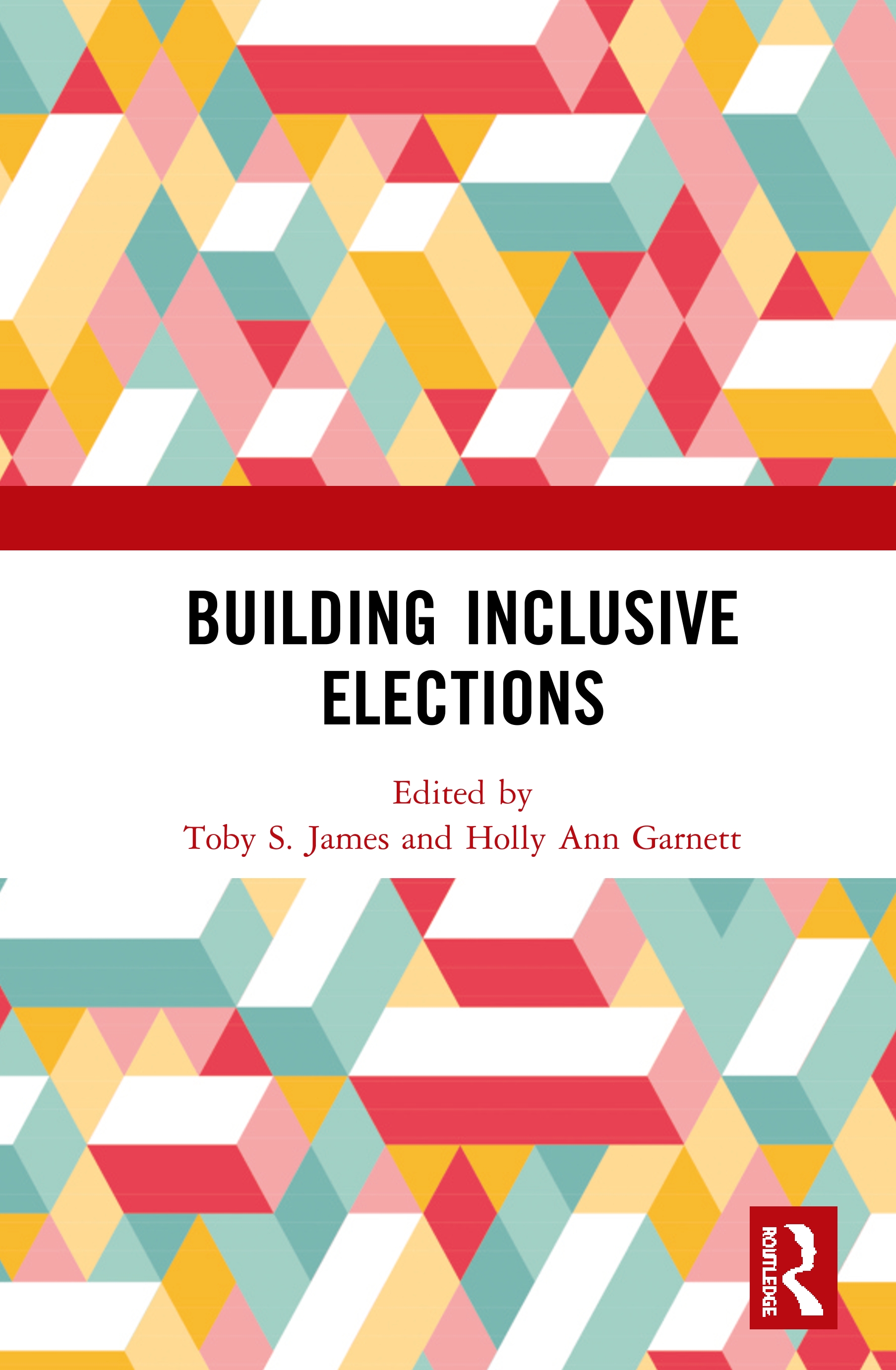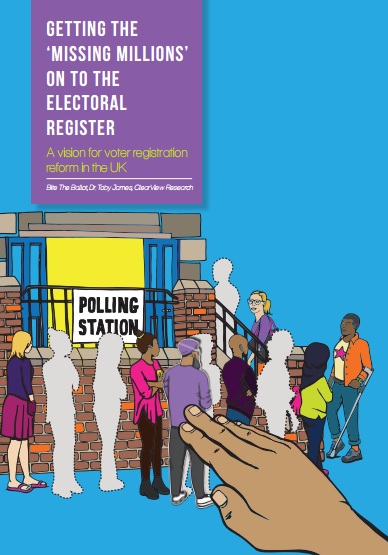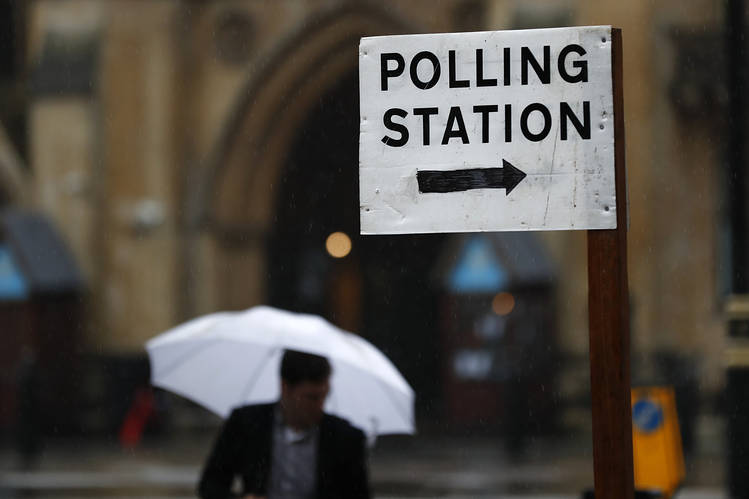 What is election administration?
What is election administration?
Election administration is about how the electoral register is compiled, how votes are cast and then how they are counted. For example, is voter registration automatic? Do citizens have to visit a polling station in order to vote, or can vote via the post or internet? Is voter registration automatic – or does it require the citizen to register themselves?
It is important because it can influence how many people vote, how easy it is to conduct fraud, whether we have confidence in the integrity of elections and sometimes even who wins elections.
Many countries have experimented with election administration in recent years. In some countries the focus has been on reducing perceived voter fraud and making it more difficult to vote. Many states in the USA have therefore introduced voter ID laws, the UK government has done the same. In contrast, some countries enable automatic voter registration to make voting easier
Election administration can affect turnout
The choice of election administration can affect turnout. A basic continuum between mechanisms which promote or restrict voter turnout can be found in chapter 2 of this book.
More specific shows how:
- automatic voter registration increases register accuracy and completeness.
- voter ID requirements reduce turnout
- all postal elections can boost turnout
- introducing individual voter registration can reduce registration rates amongst young people
Inclusive voting practices
 Given that electoral administration can affect turnout, Holly Ann Garnett and I coin the phrase inclusive voting practices in our recent book. An inclusive voting practice is one which redresses turnout or other inequalities in the electoral process.
Given that electoral administration can affect turnout, Holly Ann Garnett and I coin the phrase inclusive voting practices in our recent book. An inclusive voting practice is one which redresses turnout or other inequalities in the electoral process.
The politics of election administration
Why election administration might change in a democracy? A number of factors are important. These might include technological change and demographic change. But often the interests of politicians is important, as I have demonstrated in Elite Statecraft and Election Administration.
Poll workers and electoral administration
Alistair Clark and I have undertaken a series of poll worker surveys in the UK. This has collected original data on the training that poll workers receive, the problems that they face and how well elections are run in Britain. Our first survey findings were reported here.
Electoral administration during the pandemic
Running elections during the pandemic presented a huge challenge to electoral officials, legislators and other stakeholders. A 700+ page volume on Elections During Emergencies and Crises draws out the lessons for the pandemic for how elections can be run during emergencies situations – and the actions needed to prepare for future emergencies.
From Research to UK Policy

With Bite the Ballot, I have worked with Parliamentarians to improve electoral administration in the UK. We published 25 recommendations for improving voter registration in our Report on Getting the Missing Millions Back on the Electoral Register. This received critically acclaim and some parts have been taken forward as government and opposition policy. As a result, I was shortlisted for a finalist for the 2018 ESRC Impact Prize for Outstanding Contribution to Public Policy. I wrote an article in British Politics about our story.

